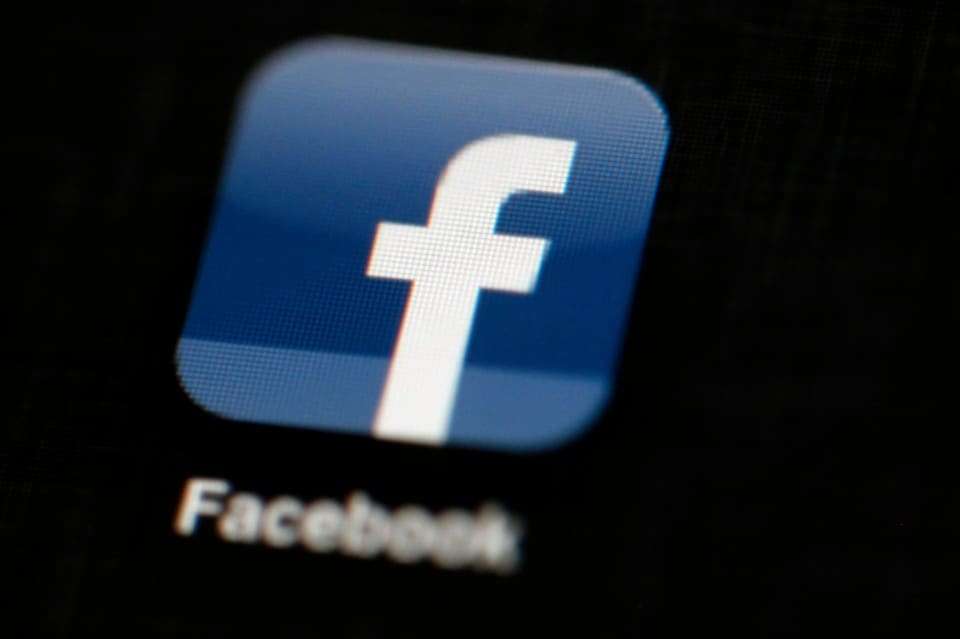Facebook is not liable for not policing Palestinian terrorist accounts

So a federal district court held yesterday in Cohen v. Facebook, in my view quite correctly.
1. The victims (and the survivors of victims) of attacks by Hamas sued Facebook on the theory that it "supported terrorist organizations by allowing those groups and their members to use its social media platform to further their aims." (Another 20,000 Israelis also sued Facebook on the theory "that they are 'presently threatened with imminent violent
attacks that are planned, coordinated, directed, and/or incited by terrorist users of Facebook,'" but that claim was dismissed as being too speculative.)
Plaintiffs claim that Palestinian terrorists "use Facebook's social media platform and communications services to incite, enlist, organize, and dispatch would-be killers to 'slaughter Jews.'" They further aver that Palestinian terrorist groups and associated individuals use their Facebook pages for general and specific incitements to violence and to praise past terrorist attacks. Plaintiffs allege that Facebook's algorithms, used to connect users with other users, groups, and content that may be of interest to them, play a vital role in spreading this content, as Palestinian terrorist organizations are able to "more effectively disseminate [incitements to violence], including commands to murder Israelis and Jews, to those most susceptible to that message, and who most desire to act on that incitement."
Plaintiffs allege that Facebook is aware of the use of its platform by Palestinian terrorist organizations and their members but has failed to take action to deactivate their accounts or prevent them from inciting violence. In the case of Hamas, the … Complaint alleges that Facebook allows that organization, its members, and affiliated organizations to operate Facebook accounts in their own names, despite knowledge that many of them have been officially named as terrorists and sanctioned by various governments.
2. But a federal statute - 47 U.S.C. § 230 - provides that Internet content and service providers generally can't be sued based on material posted by third parties, whether or not the providers know or have reason to know about the material. (There are statutory exceptions for federal criminal prosecutions and for the enforcement of intellectual property laws, but they don't apply in this case.) Thus, for instance, we can't be sued for libelous material posted by our commenters (not that our commenters would ever dream of posting anything like that); likewise, Twitter can't be sued for any libelous material in our Twitter feed.
The same principle, the court held, applies here:
Section 230(c)(1) prevents courts from entertaining civil actions that seek to impose liability on defendants like Facebook for allowing third parties to post offensive or harmful content or failing to remove such content once posted.
And though plaintiffs argued that their claim was based on Facebook even giving terrorist groups and their supporters accounts, the court concluded that this can't fly:
For the same reason, it is clear that Section 230(c)(1) prevents the necessarily antecedent editorial decision to allow certain parties to post on a given platform, as that decision cannot be meaningfully separated from "choices about what [third party] content can appear on [the platform] and in what form." Further, it is clear that the … Plaintiffs' claims are not based solely on the provision of accounts to Hamas but rely on content to establish causation and, by extension, Facebook's liability.
3. Plaintiffs argued that § 230 should not be read as applying extraterritorially - the presumption is that federal law doesn't apply to actions outside the United States, unless there's "a definitive demonstration of Congress's intent for them to apply abroad." But the court concluded that § 230 is being applied here not to the underlying overseas conduct, but rather to the plaintiffs' lawsuit, which is indeed taking place in the United States. (Brooklyn counts.)
4. Finally, plaintiffs brought claims based on Israeli law as well as U.S. law, and argued that § 230 doesn't provide immunity from such foreign law claims. No, said the court:
[Plaintiffs'] argument that the Communications Decency Act does not limit Israeli law claims is apparently based on lack of any reference to foreign law in the Section 230's subsection entitled "Effect on other laws." The relevant subsection provides a limited list of exceptions to Section 230(c)'s limitations on liability. See, e.g.. id §§ 230(e)(1) (stating that the liability provisions do not impair enforcement of federal criminal laws), 230(e)(3) (stating that Section 230 does not affect state laws that are "consistent with this section")…. Plaintiffs argue that failing to include foreign law in this section indicates that Section 230(c)(l)'s grant of immunity does not apply to Israeli law-based claims.
The court disagrees and understands the significance of this omission to be just the opposite: because there is no listed exception for foreign law claims, those claims remain subject to the limitations on liability provided by Section 230(c)(1)…. "Where Congress explicitly enumerates certain exceptions to a general prohibition,
additional exceptions are not to be implied, in the absence of evidence of a contrary legislative intent."
* * *
My view: What the judge said.
